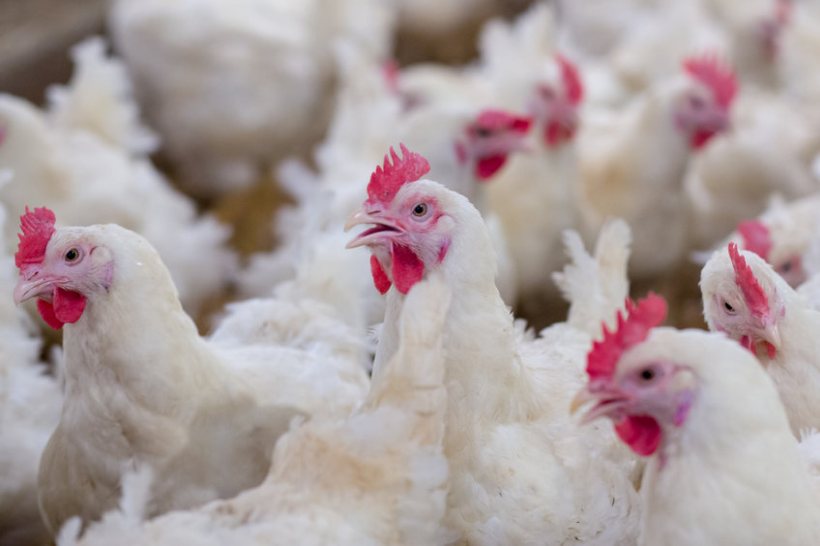
A 10km Temporary Control Zone has been declared on the Northern Irish border following an outbreak of avian influenza in the Republic of Ireland.
A third outbreak of avian influenza H5N1 has been confirmed in a commercial poultry premises in Co Monaghan, Ireland.
As a result, the country's Department of Agriculture (DAFM) has introduced a 3km and 10km Disease Control Zone to mitigate the risk of spreading the disease.
The location of this infected premises lies close to the border between Co Monaghan and Co Armagh, in Northern Ireland.
It follows dozens of cases of highly-pathogenic H5N1 avian influenza in both commercial and backyard poultry, captive birds and wild birds in recent weeks.
Chief Veterinary Officer (CVO) Robert Huey said NI authorities must now take appropriate disease control measures to mitigate for onward disease spread.
"I have therefore declared a Temporary Control Zone (TCZ-B) in that part of NI which lies within 10km of the infected premises," he confirmed.
The declaration of the TCZ-B will involve premises within this zone having to adhere to strict biosecurity protocols, recording movements on and off holdings.
There will also be a requirement for farmers and keepers to seek licensing for any movement of poultry or poultry related products into or out of the zone.
It comes as bird keepers are adhering to strict biosecurity measures of the Avian Influenza Prevention Zone (AIPZ) in place throughout the UK, and the requirements of the housing order.
The new housing rules, in place since Monday (29 November), means mandatory housing for all poultry and captive birds, with keepers taking extra precautions to keep flocks safe.
This includes regularly cleaning and disinfecting equipment, clothing and vehicles when entering or exiting sites and limiting access to non-essential workers or visitors.
Mr Huey said: "Excellent biosecurity remains the most effective defence for reducing transmission of avian influenza to poultry or captive birds."
